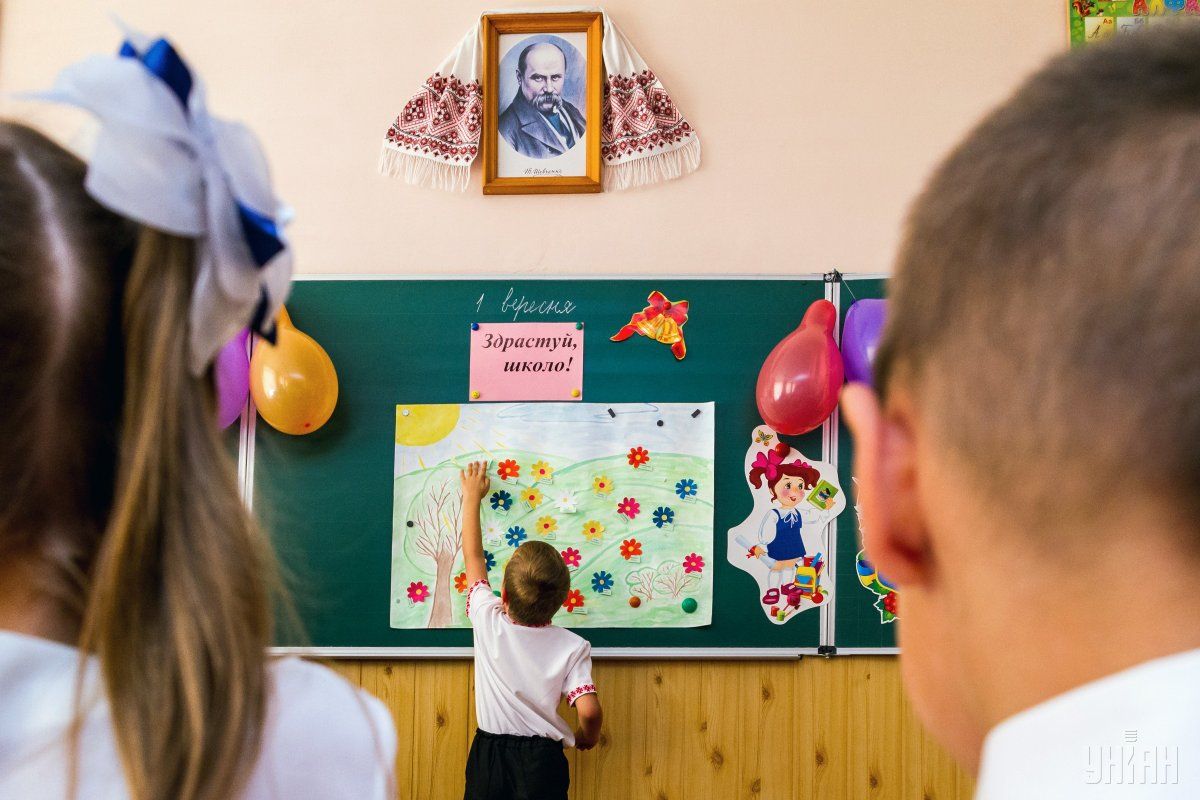
Language is a hot-button issue across Ukraine but especially in the country’s majority Russian-speaking eastern regions. Russia-backed separatists gained de facto control over areas of Ukraine’s Donetsk and Luhansk regions following the country’s 2014 Euromaidan revolution, and fighting continues there between the separatists and Ukrainian forces, RFE/RL reports.
Russia’s Foreign Ministry said on September 5 that the law is designed to "forcefully establish a mono-ethnic language regime in a multinational state."
A day later, Hungarian Foreign Minister Peter Szijjarto said that Ukraine "stabbed Hungary in the back" with the law.
Read alsoRomanian president cancels Ukraine visit amid minority language rowAmid criticism, Ukraine’s Foreign Minister Pavlo Klimkin wrote on Twitter earlier this month that the law would not hamper the free development of other languages in Ukraine.
President Petro Poroshenko has described the legislation as a "key to the future of education in the country" but has yet to sign it into law, possibly due to the controversy.
Klimkin and Ukrainian Education Minister Lilia Hrynevych are due to meet EU officials in the near future to allay any possible fears. Hrynevych recently announced that Kyiv would ask the Council of Europe to assess the legislation.
The bill's language requirement would overturn a 2012 law passed under Moscow-friendly former President Viktor Yanukovych, who fled to Russia and was deposed amid the Euromaidan protests. That legislation allowed for minorities to introduce their languages in regions where they represented more than 10 percent of the population.
Read alsoKlimkin confirms Ukraine’s readiness to have language norm in education law examined by Council of EuropeSome saw that option as a ticking time bomb for Ukraine.
"This would mean the adoption of regional languages in about 13 of Ukraine’s 27 regions," explained Olga Shumylo Tapiola in a Carnegie Europe posting at the time. She even warned that the law "may ultimately bring about the demise of the Ukrainian language and strengthen the split between western and eastern Ukraine."
There are more than 15,000 schools across Ukraine. Of these, according to data from the Ukrainian Education Ministry, Russian is used as the primary language in 581; Romanian in 75; Hungarian in 71; and Polish in five. Some 400,000 students are enrolled at these minority-language schools.
Read alsoUkraine's battle with Russia moves to classroom - mediaEthnic Russians make up 17 percent of Ukraine’s population of 45 million, according to the World Population Review. Other minorities, including Hungarians, Poles, and Romanians, each make up less than 1 percent of the population.
The wording of the controversial legislation is somewhat vague. It states that the language of instruction in the first four grades may be in a minority language. By grade five, however, only two or more subjects can be taught in any of the languages of the EU. That rules out Russian, but includes Hungarian, Polish, and Romanian. The legislation foresees a two-year transition period before fully taking effect in 2020.
Read alsoNeighbors annoyed by education reformDespite the outcry over the language clause, the package of educational reforms of which it is a part has been largely praised, including by Washington.
The bill mandates 7% of GDP be allocated for education. School would also be compulsory for 12 years. Schools and teachers would have more autonomy over setting curriculum than before, and teacher pay would be raised. The legislation emphasizes that education be more about understanding and skills rather than rote memorization.
Those progressive steps, however, have been drowned out by the uproar over the language requirement.
Education Minister Hrynevych stresses that the legislation would not deprive minorities the right to education in their native languages.
"The law provides guarantees for national minorities to learn the languages of these groups," she said.
However, Hrynevych added that members of minority communities in Ukraine should speak Ukrainian fluently to succeed in Ukraine.
Read alsoNumber of EU states to voice to CoE, OSCE concerns over Ukraine's education reformFormer Justice Minister Serhiy Holovatyy argues there is nothing in the legislation to bar minority communities from studying in their languages, or, in fact, opening their own schools.
Irina Kohut, an education expert at the Kyiv-based CEDOS Center think tank, said students at minority-language schools on average had tested below students from Ukrainian-language schools.
Ukrainian Deputy Education Minister Pavlo Khobzey said students at minority-language schools are at a disadvantage.
But such arguments will likely fall on deaf ears with minorities seeking that their children have an opportunity to study in native language, that’s unless Ukraine’s economic fortunes take a favorable turn, and sooner rather than later.

